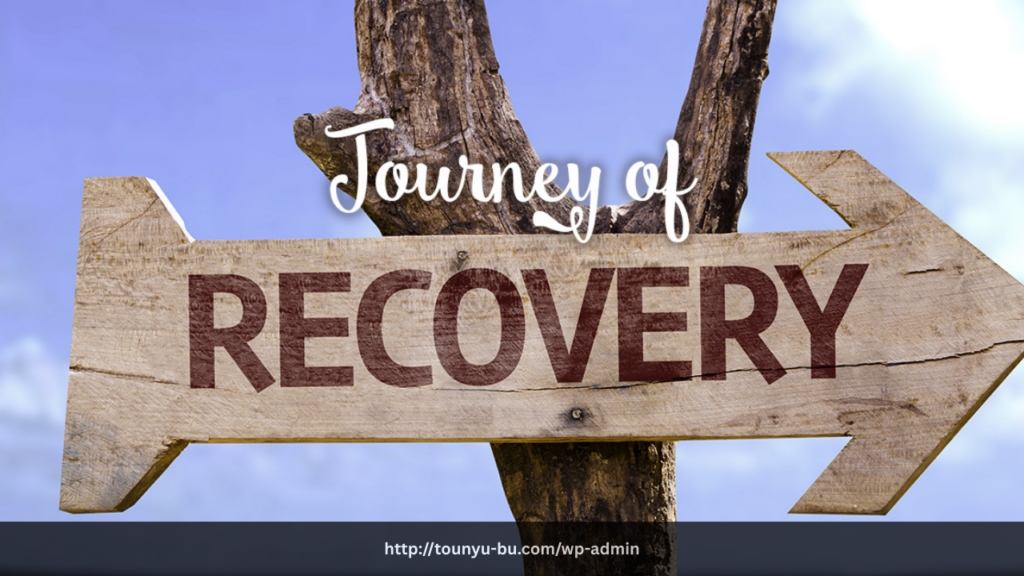
Recovery from addiction is rarely a straight path. It’s a journey marked by setbacks, breakthroughs, and profound moments of courage. Behind every success story are tales of struggle—of people who faced seemingly insurmountable odds and still chose to fight for a better life. These stories of resilience illuminate the powerful truth that strength is not the absence of struggle, but the determination to rise in the face of it.
Overcoming Adversity
Many individuals in recovery have endured hardships beyond substance use—trauma, mental illness, poverty, and abuse are common threads. What sets resilient individuals apart is not that they were spared pain, but that they learned how to grow from it.
Take Maria, for example, a single mother who battled a decade-long opioid addiction. After losing custody of her children, she entered treatment with the goal of becoming the parent they deserved. Through therapy, support groups, and sheer willpower, Maria not only regained custody but now works as a recovery coach helping others. Her struggle became her strength, and her story offers hope to countless others.
The Role of Support Systems
No one recovers alone. Resilient individuals often attribute their success to the support of others—family, friends, sponsors, or fellow members of recovery groups. These networks offer encouragement, accountability, and a sense of belonging.
Consider James, who found solace in a local Alcoholics Anonymous group after hitting rock bottom. The shared stories and unconditional support helped him stay sober through difficult times, especially when he lost his job and faced eviction. The community reminded him of his worth and gave him the strength to rebuild.
Turning Setbacks into Setups
Relapse is often seen as failure, but resilient people use it as a learning opportunity. Each stumble becomes a stepping stone to greater self-awareness and growth. Recovery is about progress, not perfection.
Sarah, a young woman recovering from meth addiction, relapsed after six months of sobriety. Instead of giving up, she returned to treatment with a deeper understanding of her triggers. Today, she’s been sober for three years and runs a support group for women in recovery. Her story teaches that setbacks don’t define you—what you do afterward does.
Finding Purpose in Pain
Many people in recovery discover a renewed sense of purpose that fuels their resilience. Whether it’s helping others, pursuing education, or reconnecting with spirituality, finding meaning in life strengthens the commitment to sobriety.
Resilient individuals often become powerful advocates and mentors, turning their personal pain into a source of inspiration. Their stories show that recovery is not just about abstaining from substances—it’s about reclaiming a life of value, dignity, and purpose.
The Power of Resilience
The strength shown in addiction recovery is nothing short of heroic. Each day without a substance, each tough moment faced without giving in, is a testament to human resilience. By sharing these stories, we remind others that they are not alone—and that even in the darkest times, there is hope.
Recovery is a journey of strength born from struggle. It’s proof that healing is possible and that every story, no matter how broken it begins, has the potential for a powerful, hopeful ending.







